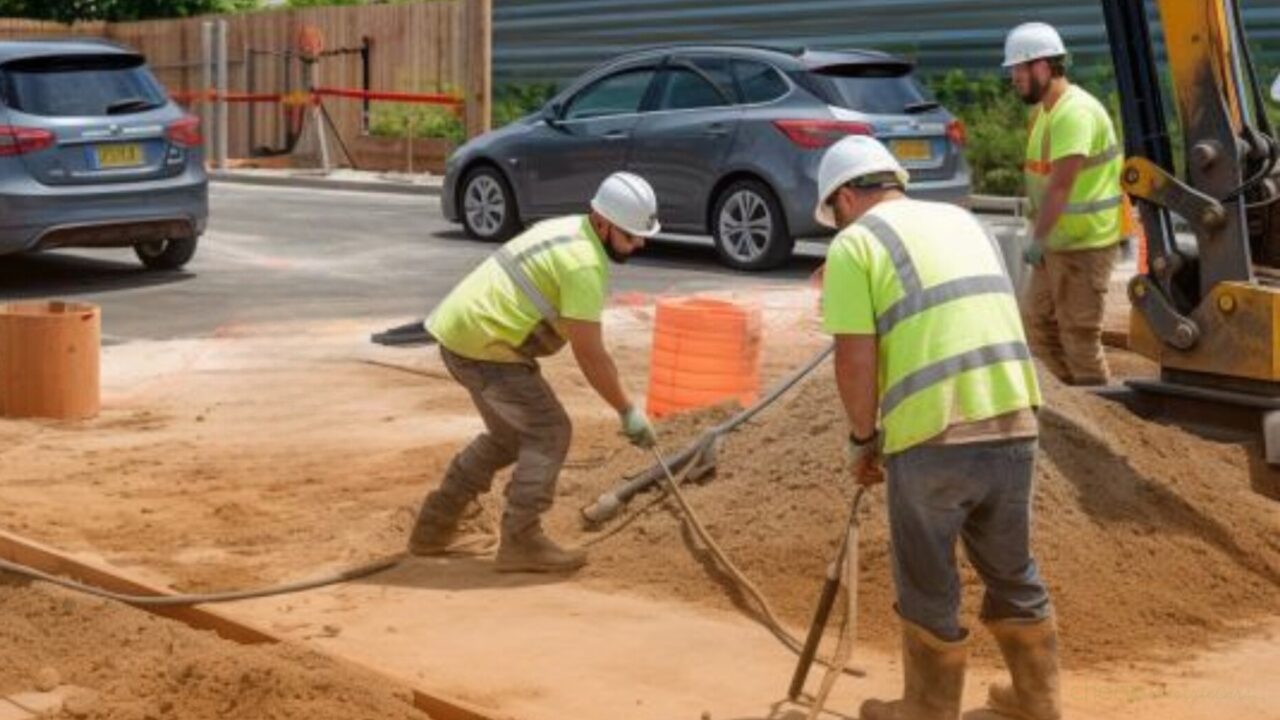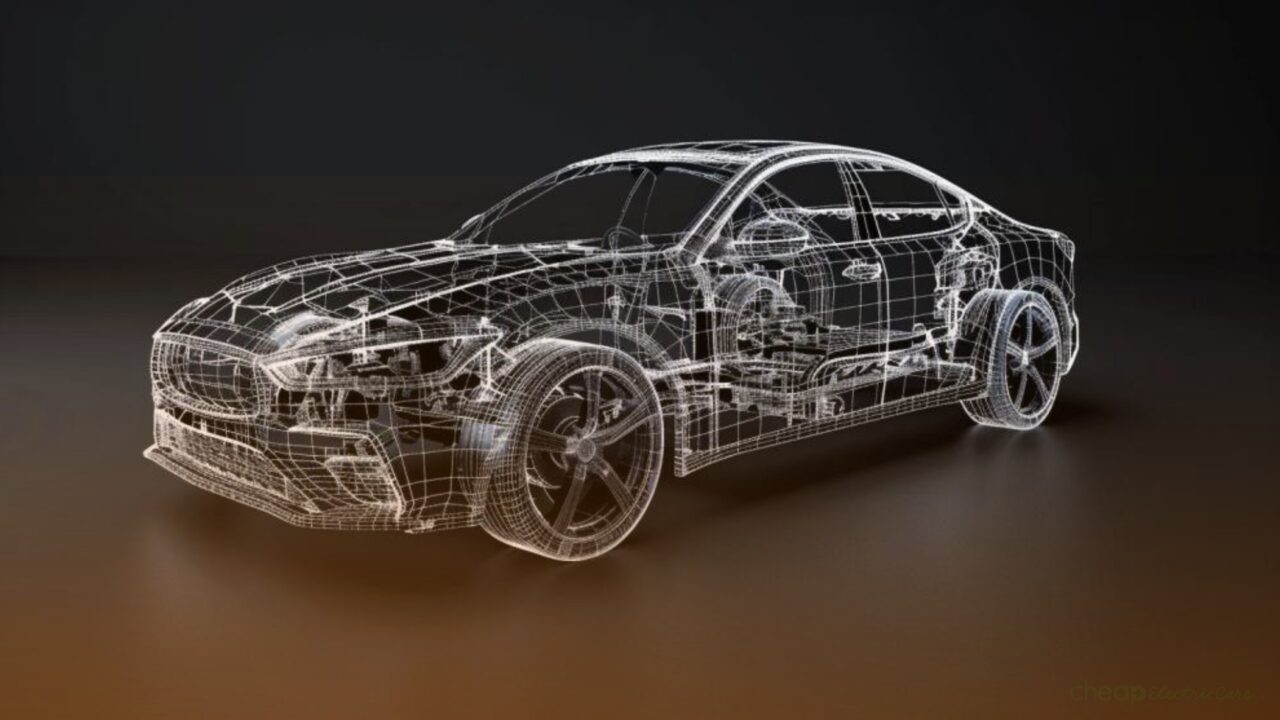The EV revolutions’ impact on the UK job market. From software developers to construction workers, discover how EV sales power a green UK labour market.
The electric vehicle (EV) industry is growing, marking a significant shift in both the automotive sector and the job market. With global efforts to combat climate change intensifying, the UK is gearing up for a future dominated by electric transportation.
Across various sectors, jobs are being created, from software development to construction, and the EV industry is becoming a major engine for employment.
However, in my research for this article, it is surprising that there aren’t that many resources to go to. If you want information on how to get into this growing industry, read on.

Just a simple search of job websites can open up a whole host of work in EV-related industries and supply chains.
Whether it be in Sales, EV installers, EV Mechanics and Technicians, Electricians and Electrical Engineers and research analysts are needed to work in the industry. However, there are other less obvious positions available such as Trainers to teach new skills, Council Infrastructure Officers and Health and Safety Advisors, as well as EV Quantity Surveyors and EV Implementation Managers.
The Surge in Sales and Its Impact on EV Jobs
In recent years, the sale of EVs has seen continuous growth, with EVs gaining market share despite a lack of incentives from the Government. Over the next decade, this will increase further as we look to 2035.
This huge shift towards electric vehicles is then, a catalyst for job creation offering new opportunities across the country. A sector that promises both sustainability and innovation. One great way to find out what jobs are available is to do a search for “Nissan Sunderland jobs” and there is usually a good list of prospects. Check out Nissans’ Career page for further information.
The Institute of the Motor Industry (IMI) is spearheading initiatives to spark interest in automotive careers among the youth. They begin with engaging projects in primary schools that connect students with engineers for interactive learning experiences.

IMI aims to integrate practical industry insights into traditional education classes. Additionally, Life Skills activities and creative competitions encourage students to apply critical thinking to real-world problems. Work experience then supports and prepares students for the workplace.
Beyond the classroom, careers fairs and immersive virtual fairs showcase this dynamic world. You can also check out the Motorsport Industry Association who, by showcasing the diverse opportunities, see how a skilled and passionate workforce can be developed. The Department for Education-funded EV training courses are a great resource.
If you are a graduate, then be sure to check out some of the great careers fairs run by your University too as these can put you in touch with people from a huge range of related sectors.
The Institute of the Motor Industry is a great resource to search through and be sure to check out the @IMIcareers tweets on X for some of the latest positions available.
Diverse Opportunities in the EV Landscape
Globally, the EV industry’s growth is mirrored by a broad spectrum of job opportunities. Software developers, for instance, are in high demand for battery and component development.

Electrical and chemical engineers play crucial roles in designing efficient battery management systems and developing materials for EV batteries.
These highly skilled positions command competitive salaries and require advanced degrees, highlighting the industry’s contribution to high-quality employment.
Manufacturing and Infrastructure
The manufacturing side of the EV industry is just as vibrant. Electrical assemblers and automotive manufacturing workers are essential in putting together the various components that power electric vehicles. The anticipated growth in EV production is set to increase the demand for these roles significantly in the coming years.
But it isn’t just about the vehicles, it’s about the infrastructure too. The expansion of charging networks across the UK requires a host of EV charger roles. EV charging installation jobs need a workforce capable of designing, installing and maintaining these systems.

Senior policy advisors, urban and regional planners, electricians, and construction labourers are all crucial to this. The increase in EV drivers will grow a need for convenient access to charging stations.
Legislation and Innovation
Legislative measures, such as incentives for EV purchases and investments in charging infrastructure, have played a key role in fueling the industry’s growth.
The UK has its own set of policies and incentives aimed at encouraging EV adoption, the underlying principle is the same and government support is indispensable in driving the transition to electric mobility.
The Global Race for EV Dominance
As countries around the world vie for leadership in the EV market, the importance of fostering innovation and securing automotive jobs cannot be overstated. Many automakers have already committed to going all-electric by 2035.
For the UK, with its rich automotive heritage and commitment to technological advancement, the EV revolution presents an opportunity to lead in the creation of sustainable, high-quality jobs.

Preparing for the Future
For the UK, embracing this change means not only investing in EV technology and infrastructure but also in the people who will drive the industry forward.
Training programs, educational initiatives, and partnerships between industry and academia will be key in equipping the workforce with the skills needed for the UK green jobs of the future.
You can learn more about how to become an electric vehicle mechanic or technician in our blog here.
